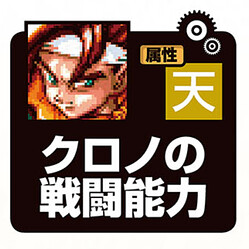Over time, it does become easier and easier. It did take time for me at least. In a way as my vocabulary and grammar knowledge increased, it did become “easier” but I also really like reading stuff and initially I re-read the manga / light novel volumes. On the second re-read, things felt more “natural” lol. I had already looked up most of the unknown stuff.
Sometimes when reading manga, I basically just read like normal and somehow finish the volume as I am reading in English.
With light novels, it really depends. Over time, I did get used to the feeling that I might not understand everything and that I have to look up stuff in a dictionary which kinda stops the “flow”. There are times where I just read and not check unknown vocab / kanji. There are times where I stop on every page and look up a few things.
Its kinda hard to get fully right but as long as my knowledge is around the level of what I am reading and I really like what I am reading, it can feel natural lol.


 I don’t think you have to do anything specific other than reading. You can rest assured it will come
I don’t think you have to do anything specific other than reading. You can rest assured it will come 